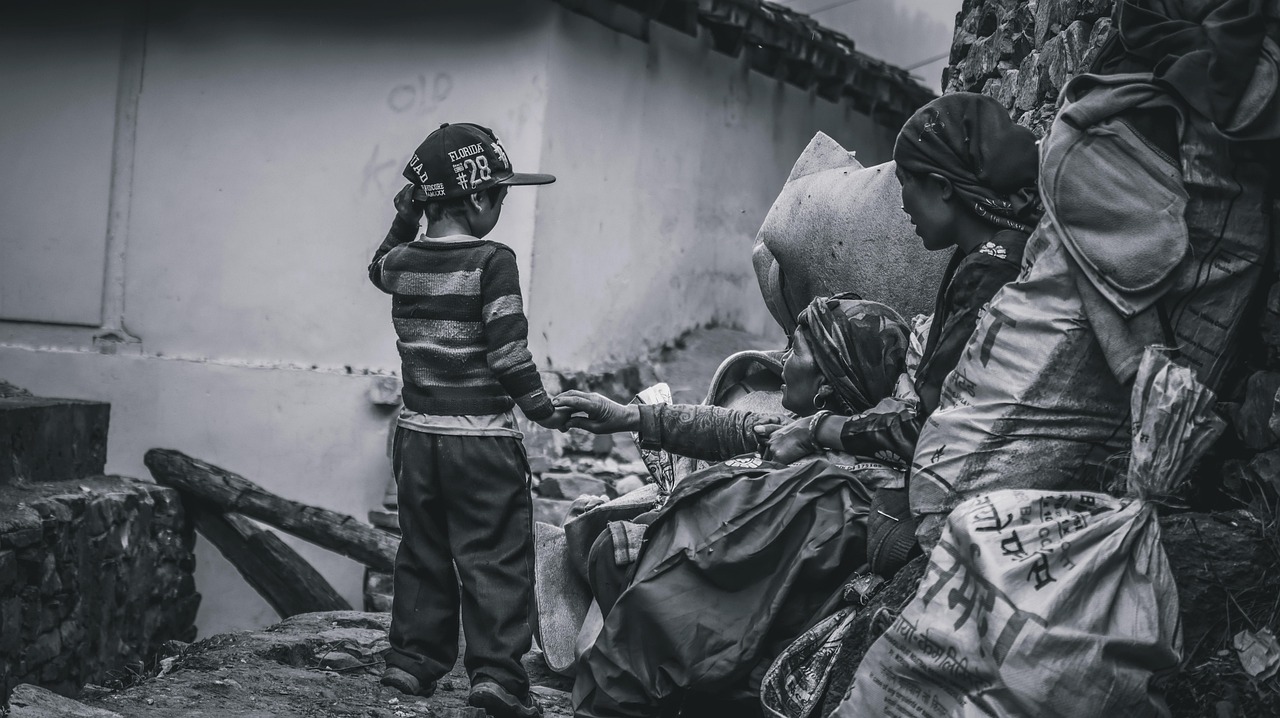Context and Issue
In South Asia, UNESCO's Global Initiative on Out-of-School Children identifies a staggering 23.8 million primary-age children deprived of education. This issue is particularly acute in Pakistan, which harbors the world's second-highest population of out-of-school children (OOSC) at 6.7 million, with girls constituting 55% of this demographic. Pakistan ranks poorly in UNESCO's EFA Development Index, reflecting pervasive educational challenges. According to the 2014 Annual Status Report, enrolment rates across all education levels remain low, with negligible year-to-year improvements.
Solution
The Mainstreaming Out of Primary School Children (MOOPSC) project addresses Pakistan's education crisis by targeting OOSC in disenfranchised areas across four provinces and four federal territories. It aimed to amplify national, provincial, and local institutional capacities to enhance OOSC enrolment and retention through quality education. The project identified factors contributing to poor learning environments, including teacher absenteeism, inadequate infrastructure, and lack of educational resources. It implements awareness campaigns and advocacy initiatives with government officials, communities, and civil society organizations. Demand and supply-side interventions were employed to mainstream OOSC, utilizing data-driven approaches to inform decision-making and policy development.
Impact
The MOOPSC project in Pakistan has made significant strides in education. The project was able to enroll 70,092 out-of-school children, retaining 80% of them. It established 3,462 community groups and implemented a successful radio distance learning program during the pandemic. The project provided additional teachers, addressed facility gaps in 758 schools, and set up 69 Non-Formal Basic Education centers. Training initiatives enhanced educational capacities at school and community levels. These achievements highlight the project's substantial impact on addressing Pakistan's education crisis and improving access to quality education for marginalized communities.












